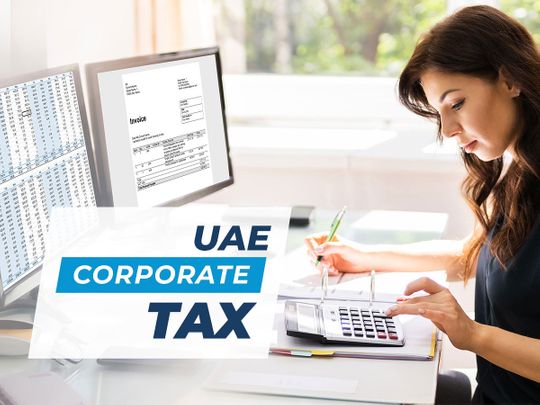
Amidst the cheers for the new year, businesses observing the January to December financial year will transition into the era of corporate tax. Even though their corporate tax returns are due only in September 2025, a few points certainly merit a quick review.
The tax registration will provide recognition to the individuals/companies as registered taxpayers. The online registration process is simple ,and a timely registration is encouraged by the authorities. Adequate time would then be available to the authorities to review the applications and provide feedback.
With the Emaratax technology, the corporate tax registration replicates the information submitted earlier for Value Added Tax (VAT). Reflecting on my experience, a timely application will help identify the gaps – hitherto unnoticed – in VAT registrations and related information. Such gaps need to be rectified first and may prove time consuming before the corporate tax registration is approved.
License categories
The license categories under which companies have been running for years may also surprise the owners and their auditors. Branches of a UAE company – especially across other emirates - are only an extension of the main head office license.
Such branches are not required to be registered separately. Businesses often obtain additional licenses by tweaking the name to include ‘branch’. If the category of license is not that of a branch - associated with the main license – such licenses are at a risk of being considered as separate companies.
A mirror conundrum would be faced by businesses running under multiple sole establishment or civil company licenses across emirates especially under separate VAT registrations.
The eligibility of small business relief (SBR) may also be questioned if a business, such as salon or grocery, does not correctly identify its licenses’ category correctly - especially if it engages same management, financial resources, and bank account.
Plans to close the company in 2024?
Business owners seem to be hesitant to register for corporate tax. The resistance to an eventuality is often amusing. Owners planning to liquidate their companies during 2024 seems to have a misunderstanding that they can avoid registration.
The company’s obligations to register, submit a corporate tax return for the truncated financial year, and eventually de-register from corporate tax would still remain. Any delays could result in penalties, including on the legal representatives.
Considering the coordination between the various tax authorities, it is likely the economic department and free zone authorities may ask for corporate tax clearance before approving liquidation.
Free zone tax benefits
Commodity traders operating from free zones – not deemed as ‘designated zones’ – were recently allowed the benefit of preferential tax rate of 0 per cent on income derived from trading of qualifying commodities.
A debate continues for trading companies established in ‘designated zones’. Are such companies eligible for the preferential tax rate on direct/third-port shipments and on ‘high-sea sales’?
The arguments of the respective side of the debate are equally meritorious. The question remains whether ‘distribution of goods in or from a designated zone’ should be determined qua the location of goods or qua the location of the company.
I have seen many people referring to the second public consultation document (PCD) to contend that third-port shipments should be eligible for the preferential rate. If so, the PCD also suggested that income of a manufacturer be split into manufacturing income and distribution income.
The selective reliance on public consultation document, wherever beneficial, may not be a prudent approach. Free zone companies engaged in various other qualifying activities also needs to manoeuvre through the inclusions in and exclusions from the scope of respective qualifying activity
Adequate substance
Wherever eligible for free zone tax benefits, the companies need to maintain the adequate substance in the respective free zone. The restructuring required to meet the adequate substance requirements could be significant.
It is customary to make plans for a new year which often fizzle out within months, if not weeks. The plans for the new era of tax should not be fragile. Any gaps could result in penalties and loss of tax optimisation opportunities.
It is for the business owners to ask and the knowledge would be there to plan their tax implications.









